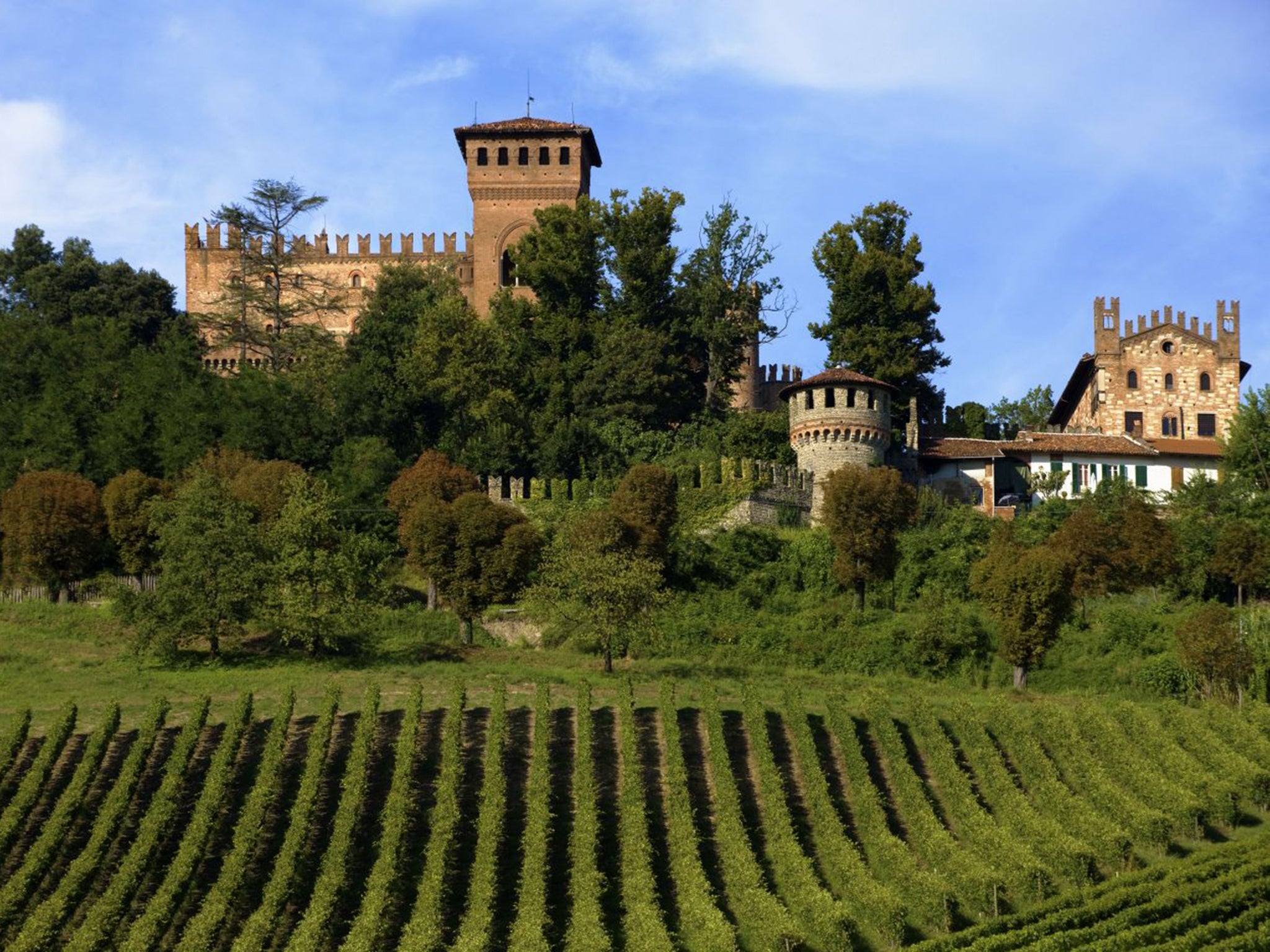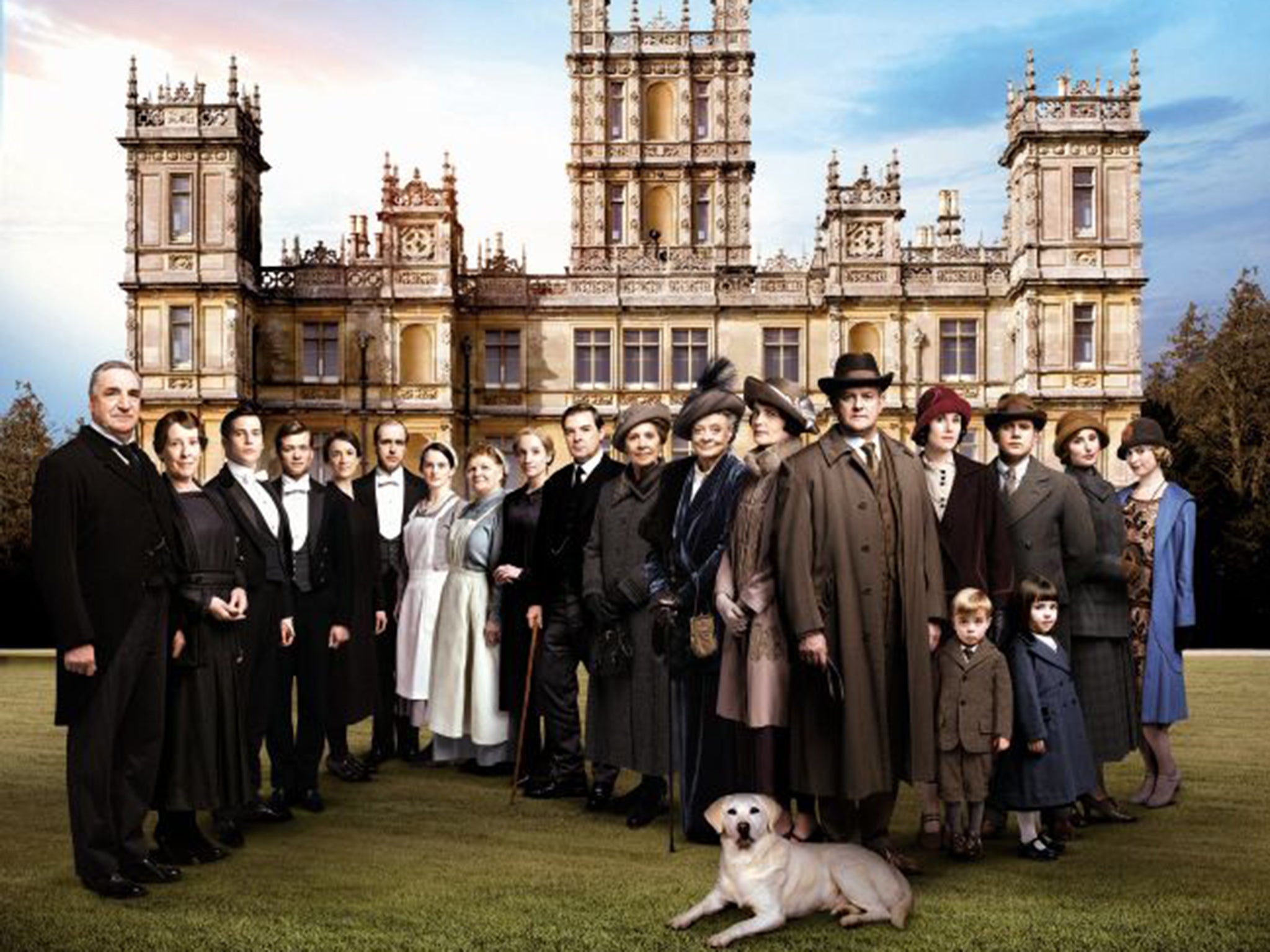Downton Abbey effect sees impoverished Italian nobles inspired to open their doors to paying guests for up to €650 a night
Italy's painful recession has reached its aristocracy who are struggling with maintenance costs, increasing costs of living and changes in property taxes

Your support helps us to tell the story
From reproductive rights to climate change to Big Tech, The Independent is on the ground when the story is developing. Whether it's investigating the financials of Elon Musk's pro-Trump PAC or producing our latest documentary, 'The A Word', which shines a light on the American women fighting for reproductive rights, we know how important it is to parse out the facts from the messaging.
At such a critical moment in US history, we need reporters on the ground. Your donation allows us to keep sending journalists to speak to both sides of the story.
The Independent is trusted by Americans across the entire political spectrum. And unlike many other quality news outlets, we choose not to lock Americans out of our reporting and analysis with paywalls. We believe quality journalism should be available to everyone, paid for by those who can afford it.
Your support makes all the difference.Think of it as Airbnb with turrets and copious waiting staff. In northern Italy, an aristocratic fan of ITV’s Downton Abbey has persuaded her friends to open their castle doors to the public in order to cash in on the worldwide popularity of the hit period drama.
With the long and, for many, painful recession affecting even Italy’s nobility, Carola Gancia says she took inspiration from the series set in a British castle rather than the homespun machinations of the Medici or ancient Rome, to launch the “Welcome to the Castle” venture.

“I was gripped by Downton Abbey. I saw that my friends were fans as well, so I had the idea of suggesting that owners of historic houses in Piemonte, Lombardy and Emilia Romagna could create special itineraries and open their doors to visitors,” said Ms Gancia.
Among the 40 participating mansions and castles are the Castello di Gabbiano Monferrato, and the Castello di Camino, both in Piemonte, and Castello di Cigognola near Pavia in Lombardy.
For a handshake with the lord of the manor, a quick tour, a dinner with suitably accommodating staff and an overnight stay, she estimates that a group of 16 people can expect to pay anywhere between €350 (£254) and €650 a head, with the larger price tag being “for the absolute tops”. She hopes the influx of curious foreign visitors during Milan’s 2015 Expo World Fair will boost the number of clients during its six-month run from May until October.
Ms Gancia denied that the cost would be prohibitive for ordinary tourists. “We’re not talking about €20 a head, obviously,” she said. “But for something memorable and interesting I think lots of people will be willing to pay a bit more.”
There will be accommodation for smaller groups or individuals at some stately homes, and she says that wedding lunches and special dinners will make up the bulk of the bookings on her website. Some of the participating stately homes are even planning to provide servants in period or medieval dress.
“Downton Abbey has been a huge success, in Italy and everywhere else. And young people are interested, too, in this kind of thing. I think people like the history, and by staying in one of these old homes you get to see and live history,” she said.
Ms Gancia says her favourite Downton Abbey character is John Bates, the Earl of Grantham’s valet. Here was a TV character she could relate to. “He reminded me of a servant that we had in the country. He was a great mediator, he kept the secrets of the house and we often went to him for advice,” she said.
Ms Gancia, born with a lengthy name – Carola Bianco di San Secondo Biondi – that is seemingly common among Italian nobles, revealed that her property, the Abbadia di Pinerolo, near Turin, will also be welcoming guests.
And she’s frank about the financial necessity. “It’s a help for the families. It costs a lot to maintain these houses,” she said.

Other old Italian families have already been forced to sell their country piles in what, for them, seem like hard times. One Rome-based aristocrat, who asked not be named, told The Independent on Sunday: “We’ve had to sell the castle near Orvieto and now every time my mother crashes a car we have to sell another painting to buy her a new one. But there aren’t many left.”
It was reported at the end of last year that about 70 privately owned castles and palaces, many of which have been in Italian families since the Middle Ages, were on the market, according to Florence-based Lionard Luxury Real Estate – with the majority of buyers coming from outside Italy. The reasons for such sales – in addition to the cost of maintenance – include the increasing costs of living and changes in property taxes.
Dimitri Corti, the estate agent’s chief executive, believes that potential buyers will more frequently come from Asia. “The clients of the future will be Asian: China and Hong Kong in the lead,” he said. “Today 90 per cent of clients for these types of properties are [those] who are not searching just for a luxurious home but for a dream, a way of life, the memories of important history.”
Join our commenting forum
Join thought-provoking conversations, follow other Independent readers and see their replies
Comments